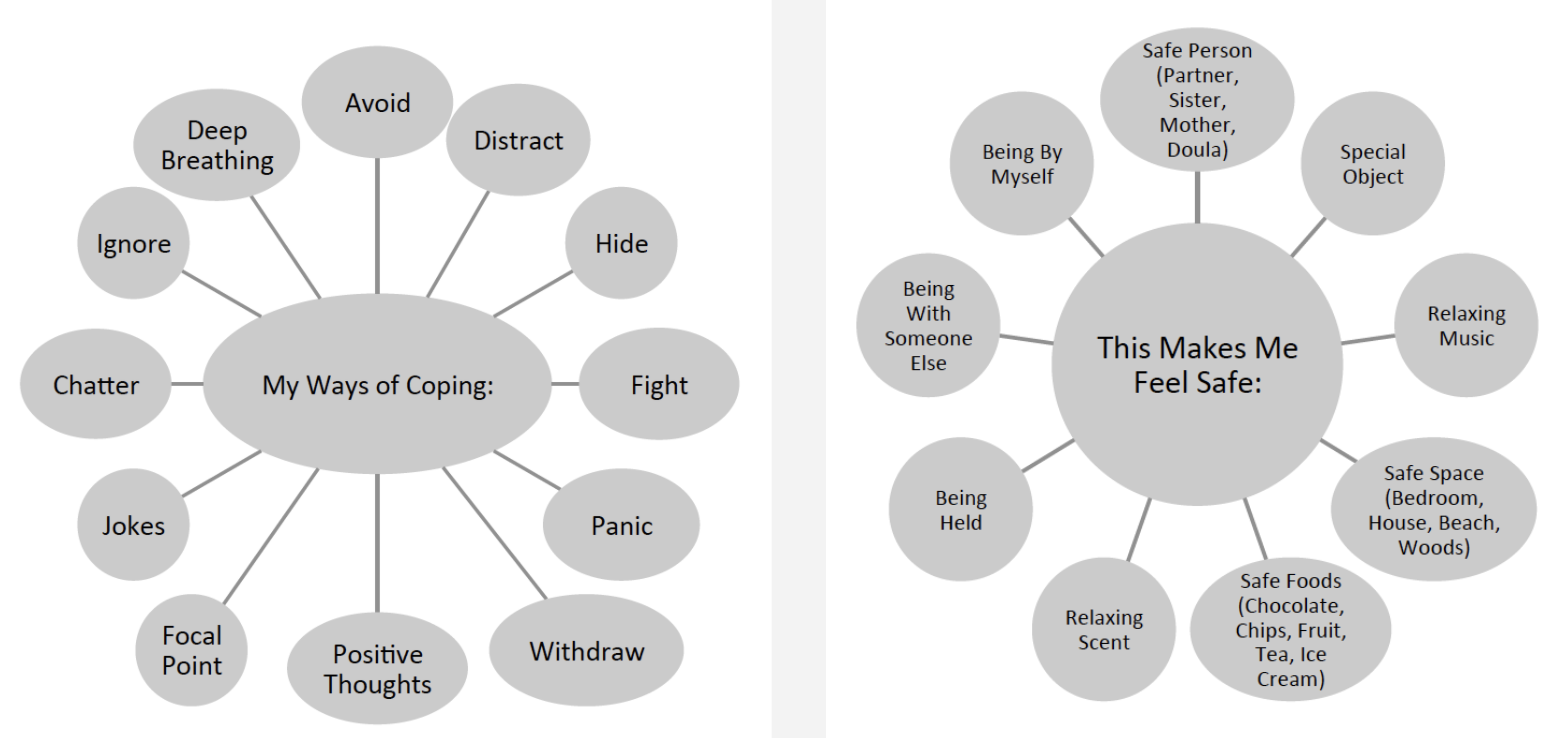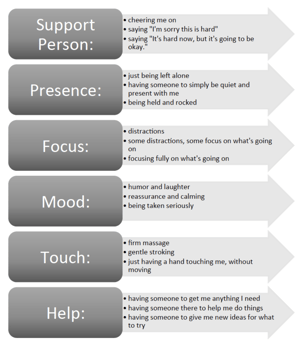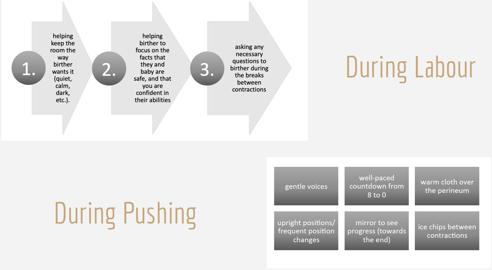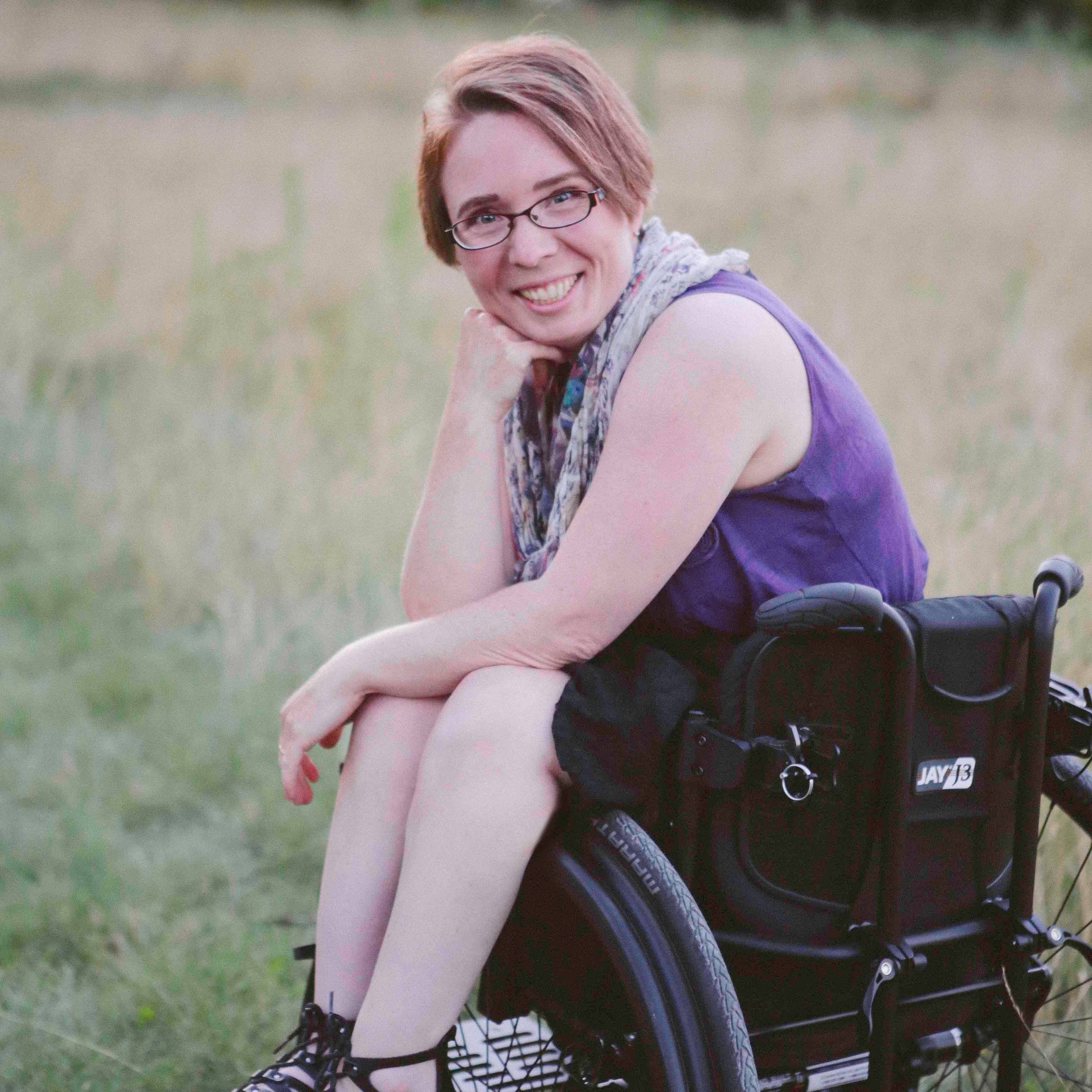Preparing for Birth - First, Determine What Kind of Birth You are Planning For.
Before we can plan for birth, we need to think about what kind of birth we are planning for.
Table of Contents
Some of us automatically plan for a calm, peaceful, gentle birth - maybe in a hospital, birthing center, or even at home. We assume that everything will go well and that there’s no need to worry or plan for anything to go wrong. We might even plan to have an unassisted delivery in the firm belief that birth does not need to be medicalized because we were ‘designed to do this.

Others automatically plan for an excruciatingly painful birth starting with our water breaking in some high-stress event, followed by a pel-mel, high-stakes adrenaline rush to the hospital, lots of interventions, screaming, and - if we’re lucky - a beautiful, healthy baby at the other end. (It’s not your fault if that’s what you’re planning for - this is the quintessential Hollywood birth!)
The reality of birth is usually somewhere in between one and the other. Although I’ve been a high-risk birth doula - and therefore worked with some of the most challenging birth situations imaginable - I have been present at a number of extremely calm, gentle, quiet home births (as midwife-assisted home births are legal in my community). I have also had a couple of very quick mad-dashes to the hospital - one of which only just managed to not result in birth in my vehicle! But most of the births that I have attended have existed somewhere in the middle of those two extremes. So before we can plan for birth, we need to make sure we’re planning for the birth we’re likely to have - not just the birth that we want or assume will happen.
One of the biggest challenges to come for birthing people during COVID has been the loss of support - before, during, and after birth. Because policy decisions for support are being made on a per-hospital basis, and these decisions keep changing based on regional COVID levels, many birthing folks are finding that they can have their partner, but not their doula or additional support person present. And some are finding they are birthing on their own. This creates an added level of complexity as we approach to birth, and means that our preparation for birth as a birthing person is that much more important.
Tools to Use to Prepare for Birth
1. Identify How You Cope and What Makes You Feel Safe.
To start with, we need to know ourselves a little better as birthing people. How do we generally cope when life gets tough? When we’re in pain or feeling stress and tension, what generally makes us feel safe?

If you mentally ‘circle’ the answers to how you cope and then what makes you feel safe, often you’ll see that there is a disconnect between the one and the other - that the ways we have of coping don’t always make us feel safe. Our first goal in our birth plan is to create a connection between what makes us feel safe and what coping strategies we want to use.
2. Clear Communication with Your Support(s)

One of the most critical jobs for a birthing person with their support is to communicate as clearly as possible ahead of time what we think we will need, because - although many of us hope that our partners and supports can read our minds, that is rarely the case!
We may also want to remind our supporters of some very specific, helpful things they can do during labor and the pushing stage to help us cope well with what’s going on.
Supports typically do best if they have this clear information, as it allows them to show up knowing their importance and feeling confident in their responsibilities for what is often a nerve-wracking day for them as well as for us as birthers.

If for whatever reason one or more of your supports aren’t able to join you at the birth, some people are finding that a phone or video call using speakerphone or headphones can be of some comfort to both birthers and supports. Their role and presence - even virtually - are still important to you at this moment, so try to create a birth plan that includes contingencies for if someone is sick or otherwise unable to attend.
Watch the Full Episode with Heather



.png)

.png)

